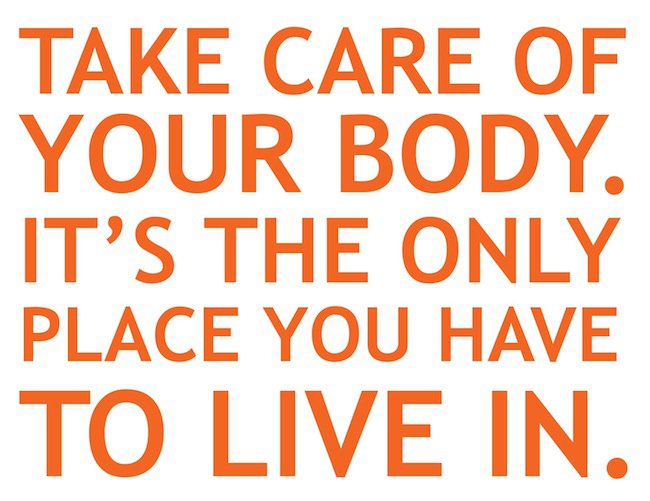About health
 healthhttps://valme.io/c/healthc_prompt
healthhttps://valme.io/c/healthc_promptA place to discuss all aspects of health, medical news, exercise, disease, nutrition science, food, and diet. While we're here for education and entertainment, it should go without saying that any information here is in no way intended to diagnose, cure, or treat any medical or other condition. This is also not a forum for the exchange of medical information, advice, or the promotion of self-destructive behavior (e.g., eating disorders, suicide). While you may freely discuss your troubles, you should not look here for information or advice on such topics. Instead, we recommend that you talk in person with a trusted adult that you know or a medical professional.
"That's common sense.", " Putting aside the limited scope of the ACE study ", " That's also common sense. ", " After labeling it a "disorder," the mainstream view of dealing with mental illness (if there even is such a disease) "
Did you really just comment these things on a post about something helping someone? What is wrong with you?
It wasn't my intent to be insensitive but I do believe people should be cautious about accepting the conclusions of these kinds of studies based on the premises. Although I'm not a doctor, I'm a bit skeptical of premises that lead to the conclusion "“This is actually just a drug run” and “I need you to fill my prescription." The links provided include some of the reasons that support my opinion.
You focused on entirely the wrong parts here, but you've made it clear that this website isn't where I should be sharing my opinions. Thanks.
First, from Got Your ACE Score? What’s Your ACE Score? (and, at the end, What’s Your Resilience Score?):
Now, back to Christine Cissy White's article that you posted:
Here's what I get from reading these articles:
One of the ways I look at life is as a trade of costs for values. I accept the cost of a stressful life because I know the immense wonders, beauty, and inspiration living provides. Cissy's action-oriented bullets at the end, to me, seem a much more positive approach than antidepressants (which highly likely aren't even as effective as supplements and might actually make depression and anxiety worse). Rationally accepting that we "experience a wide range of moral, interpersonal, social and political "problems in living" demands we take personal responsibility for our choices to improve our problem-solving and coping skills as we seek and pursue what makes life worthwhile. In other words, we have limited control over the traumas others inflict but we have a great deal of control over our own choices to deal with them and move forward.
As you continue to work on healing, you may want to check out A Woman's Self-Esteem: Struggles and Triumphs in the Search for Identity by psychotherapist Nathaniel Branden. It's based on what he calls The Six Pillars of Self Esteem (the practices of living consciously, self-acceptance, self-responsibility, self-assertiveness, purposeful living, and personal integrity). There are sentence-completion exercises at the end of each chapter you might find useful for self-improvement. Although I'm glad Cissy seems to be in a much better place, to stop looking within herself to figure out her own shortcomings seems not only limiting but also would appear to leave her more susceptible to regression. I don't believe there's a silver bullet for getting out of depression but I do believe that focusing solely upon the pain others inflicted while ignoring our own irrational, bad choices as key, contributing factors is not the appropriate path to a healthy physical and mental state.